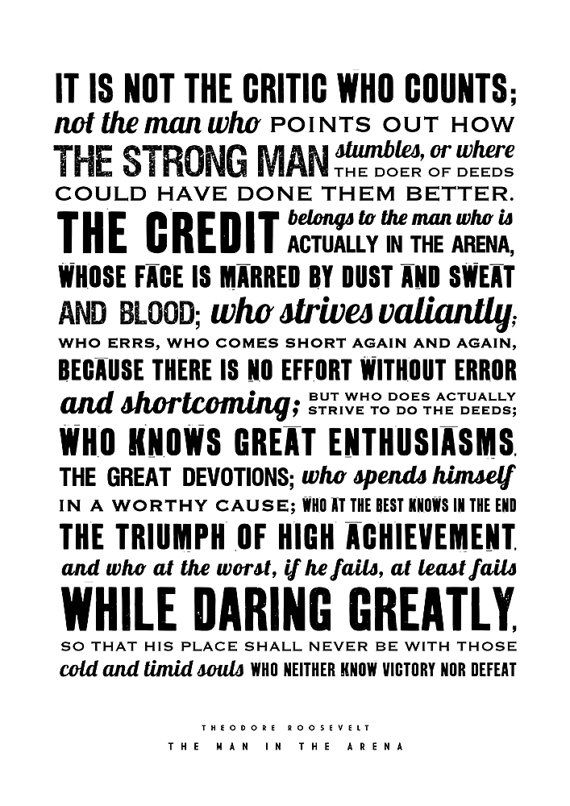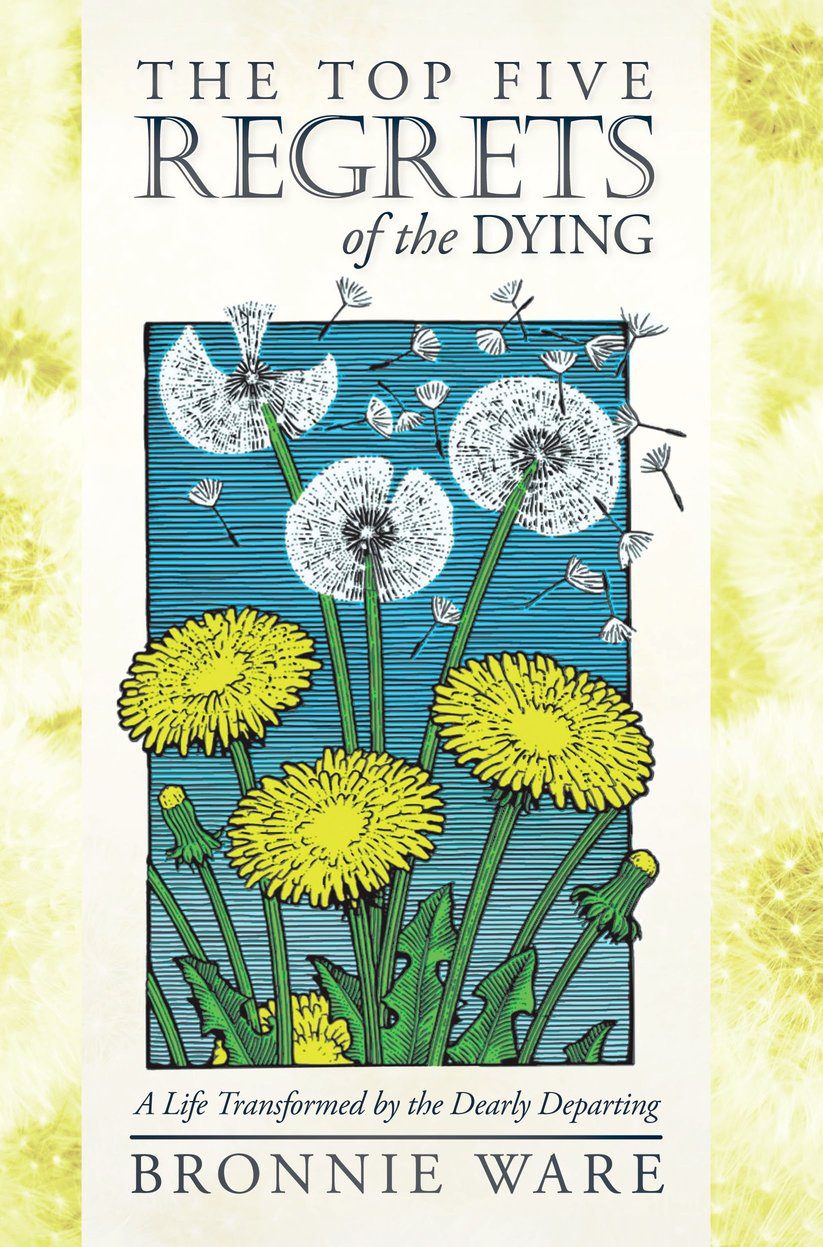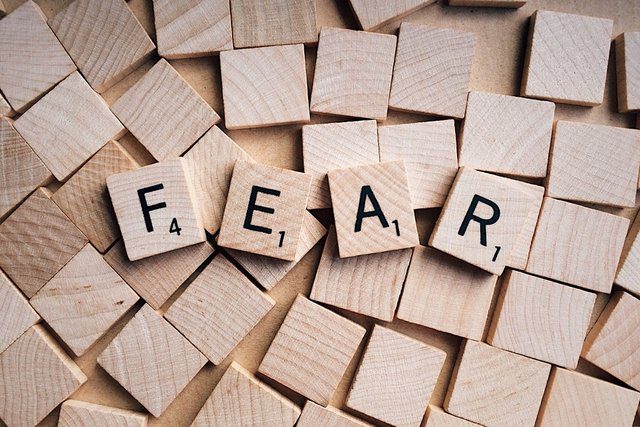The word Allodoxaphobia comes from the Greek ‘allo’ meaning different, ‘dox’ meaning opinion and ‘phobia’ meaning ‘fear’, ‘aversion’ or ‘morbid fear.’ Allodoxaphobia is at the root of why most of us will not live to the best of our ability. We fear what our spouse, parents, siblings, friends, acquaintances and family members would say about our choices, decisions and way of life. An opinion is a transitory perception; it can change over time depending on the context. You have a wider context to your life, hence the need to make decisions enabling you to live on your terms. In your 20s, you cared what everyone thought about you; in your 40s, you stopped caring what others thought about you; and in your 60s, you realized that no one was thinking about you. The earlier you realize that no one is thinking about you, that is the moment your life turns around.
In your 20s, you cared what everyone thought about you; in your 40s, you stopped caring what others think about you and in your 60s, you realized that no one was really thinking about you.

This is not a dress rehearsal; the fear of other people’s opinions can be very hard to overcome, especially those of our family members and people we respect. Allodoxaphobia leads to people pleasing, self-sabotage and a failure to set healthy boundaries for people closest people to us. This fear is at the crux of our addiction to social media validation, as most online interaction is based on a performance based on what other people think about us, their opinions, and how the vanity metric-induced algorithm scorecard makes us feel in the moment. Everyone has the right to their opinion but not the right to the fact, and the fact is that: “This is your life, and you have the right to live it the way you want it.” As Poet Mary Oliver quipped in her poem “Summer Day,”: Tell me, what is it you plan to do with your one wild and precious life?
Tell me, what is it you plan to do with your one wild and precious life?

On our dying bed, we are not going to be meditating on the opinions of others or how they perceive us. According to Australian palliative caregiver Bronnie Ware, the number one regret of her dying patient was, “I wish I’d had the courage to live a life true to myself, not the life others expected of me.” Her book, The Top Five Regrets of the Dying: A Life Transformed by the Dearly Departing, documented the top regrets of her dying patients and not caring what others thought about them was on top of the list. She writes:
The regret of not having lived a life true to themselves was the most common one of all. It was also the one that caused the most frustration, as the client’s realisation came too late. They say though that we do more to avoid pain than we do to gain pleasure. So it is when the pain becomes too much that we finally find the courage to make changes. Until then, the pain within me was just continuing to fester until it did reach a breaking point.
We are all fairly malleable, bendable creatures really. While we have the choice to think for ourselves and have free will to live the way our hearts guide us, our environment has a huge effect on us all, particularly until we start choosing life from a more conscious perspective.
Life is over so quickly. It is possible to reach the end with no regrets. It takes some bravery to live it right, to honour the life you are here to live but the choice is yours. So will be the rewards. Appreciate the time you have left by valuing all of the gifts in your life and that includes especially, your own, amazing self.
Later, former CEO of Apple, Steve Jobs, in his 2005 Stanford University commencement speech, echoed the same sentiment about how death recalibrates our perception of other people’s expectations and opinions. Steve was diagnosed with pancreatic cancer, and that experience changed his outlook on life and the need to live life on his terms. He reckoned, “Death is very likely the single best invention of Life. It is Life’s change agent.” He gave the following golden advice in his speech:

When I was 17, I read a quote that went something like: “If you live each day as if it was your last, someday you’ll most certainly be right.” It made an impression on me, and since then, for the past 33 years, I have looked in the mirror every morning and asked myself: “If today were the last day of my life, would I want to do what I am about to do today?” And whenever the answer has been “No” for too many days in a row, I know I need to change something.
Remembering that I’ll be dead soon is the most important tool I’ve ever encountered to help me make the big choices in life. Because almost everything — all external expectations, all pride, all fear of embarrassment or failure — these things just fall away in the face of death, leaving only what is truly important. Remembering that you are going to die is the best way I know to avoid the trap of thinking you have something to lose. You are already naked. There is no reason not to follow your heart.
Almost everything — all external expectations, all pride, all fear of embarrassment or failure — these things just fall away in the face of death, leaving only what is truly important.
It is okay to listen to the feedback of the people closest to us and sometimes the opinions of people who know what they are talking about, but most times, you have to trust yourself, your intuition, and your sixth sense.
Coach John Wooden on the Opinion of Others 3
Do not become too concerned about what others may think of you. Be very concerned about what you think of yourself. Too often, we care more about a stranger’s opinion of us than our own. Your opinion of yourself begins on the inside with your character. What do you believe in, and are you willing to stand up for it despite what others may think or say? It’s what my dad meant when he said, “Be true to yourself.” This comes first, then the opinion of others.
Meditations
- Daily Calm with Tamara Levitt – Nurturing
- Under the layers of our adult existence, education, accomplishments, responsibilities, and titles, there is still a fragile being who needs to be nurtured, and there is our inner child who may not have received the tender care we deserve and still desire.
- Unfortunately, self-care isn’t taught in school, so as we evolve into adulthood, we don’t always have the tools to self-nuture. We may also succumb to cultural conditioning that conflicts with self-nurturing, where we’ve learned to treat ourselves with tough love and harsh words. Fortunately, the practice of meditation is an act of self-nurturing. Each time we sit and turn inward, we come to ourselves, offering kindness and compassion that we don’t always receive from the world around us.
“be softer with you. you are a breathing thing. a memory to someone. a home to a life.” ― Nayyirah Waheed
- Daily Jay with Jay Shetty – The Big Freeze
- While many of us view perfectionism as a challenge that keeps us from finishing what we started, it can prevent us from getting started at all. The Big Freeze is when perfectionism leads to procrastination. Momentum is the key; if you can make any low-stake first move, you will generate momentum, and the thing you are avoiding will become less of a big deal.
- It is only by doing something imperfectly that we see what works and what doesn’t.
- Daily Trip with Jeff Warren – Bigger
- Every urge has roughly the same bell-shaped curve; it comes up intense, rolls through a plateau and then drops down the other side. Equanimity is the skill of being spacious and smooth inside so that we no longer brace against sensations that, in some other context we might find annoying.
- Our composure is bigger than any sensation or feeling that reality would throw at us.
Podcast
- Full body preventive health care with Andrew Lacy of Prenuvo | How I Built This with Guy Raz
All the best in your quest to get better. Don’t Settle: Live with Passion.



Comments are closed.